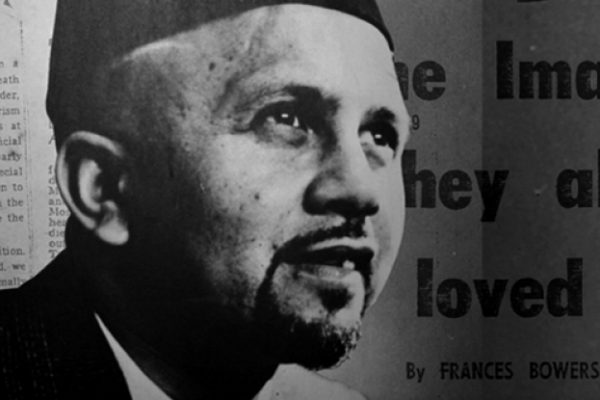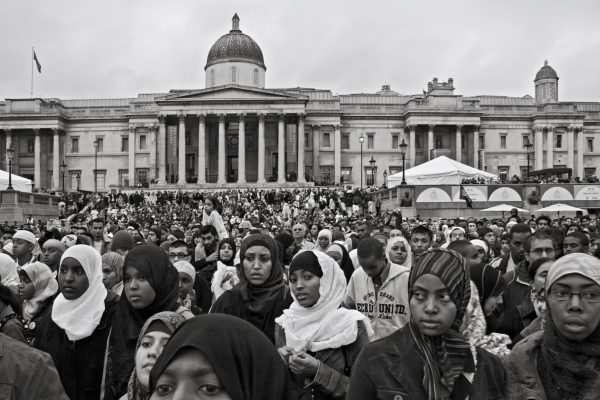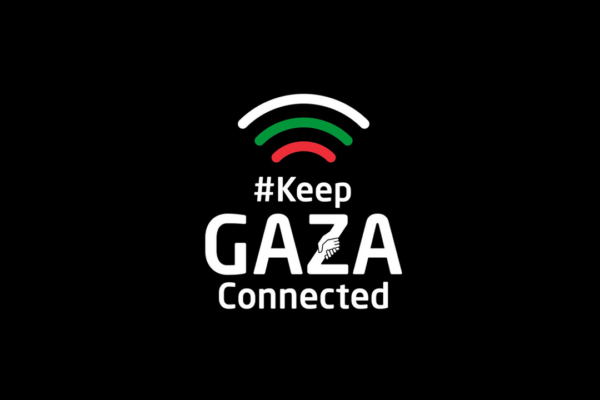After the announcement of the passing of Muhammad Ali, I have been reading across social media his quotes, watched several of his videos and have seen pictures that I had never seen before in the history of his career. Mind you, a lot of what he did preceded my birth and early years of life, but when you become a legend, your career extends beyond generations.
The most confusing part of the whole social media realm for me became when people started to argue as to where he belonged. I saw posts where it stated that he would forever be NOI – Nation of Islam, I saw posts from sportscasters that stated he transcended beyond race and was everything to them, I saw posts where people were talking about what he did for the Black community at a time when no one else was doing it on that level.
The posts went on, and on, and on.
You wouldn’t commonly think that a celebrity death would cause such outrage as to ownership and you definitely wouldn’t think that a person needed to be attached to something in order to matter so much As an influential American and one of the most recognizable people on the planet, Muhammad Ali mattered to many. He was more than just an outspoken Black man. He was more than a walking, talking instigator, inside and outside the ring. He was more than an activist for the Black community and he was more than a humanitarian for all people. How could he be more than that? Because he was all of those things rolled into one.
The 60’s was the height of the civil rights movement and there weren’t many notable figures getting airtime in order to express their disgust for how Black people were being treated in America. Then all of a sudden here comes this cocky, very blunt, in yo’ face Black athlete that spoke the truth and didn’t get a water hose in his face or a police baton beat down. Of course, his people immediately reviled him. The New York Times columnist William Rhoden wrote,
“Ali’s actions changed my standard of what constituted an athlete’s greatness. Possessing a killer jump shot or the ability to stop on a dime was no longer enough. What were you doing for the liberation of your people? What were you doing to help your country live up to the covenant of its founding principles?”
The day he changed his name from the government given, or slave master oppression, he became respected by a strong black empowerment struggle for his stance. It was met with apprehension but in true Ali character, his response?
“I am America. I am the part you won’t recognize. But get used to me. Black, confident, cocky; my name, not yours; my religion, not yours; my goals, my own; get used to me.”
The day he said he wasn’t going to war no matter the consequences, he became even more respected by people who despised the establishment and its policies. He was the heavyweight champion of the world but also a conscientious objector. How could that be? These causes and actions didn’t just bring him to the attention of Black people and Muslims, but the attention he was getting for his bold viewpoints was ringing around the world.
“Why should they ask me to put on a uniform and go ten thousand miles from home and drop bombs and bullets on brown people in Vietnam while so-called Negro people in Louisville are treated like dogs and denied simple human rights?” [1966]
So you see, there is no battle.
He wasn’t a puppet to anyone’s script. No one was pulling his strings in the sports world, in the Muslim world or in the political world. He didn’t choose to be all over the news, he just happened to have a career that placed him there. He just happened to be born into a time that the struggle came to him. He just happened to care for people the way that people should care for one another. He just happened to speak clear truths and in poetic rhymes which were captured in the right places to be archived in history.
What does that have to do with me you say? Actually, a whole lot. Nope, I don’t float like a butterfly or sting like a bee, nor do I rope a dope. But just like Muhammad, I can never change my blackness. I was born Black and will die Black. The injustices of our people continue to this day, several years after the civil rights movement. I will continue to speak outwardly about them and work as much as possible to help our people get relief. Just like Muhammad, Islam is a part of everything that I do and being a Muslim obligates me and causes me to speak on that truth. People may not like it nor they may not like me for it, but that’s not my problem.
They will just have to get used to it.
Just like Muhammad, all of what I am is brought into the mainstream right along with me. Whether it is #UnapologeticallyBlack or #UnapologeticallyMuslim, there’s actually no separating the two. When I write, when I speak, when I talk, I have no choice to be one or the other at any given time. The struggle is dual and noted.
Although I never had the pleasure of meeting him or being in his company, I married a man that not only dined with him but also wrote, along with his family, the jingle to his cookies. Hearing all the stories of people that entertained him, fought him, worked for him and interviewed him only solidifies the very essence of who he was. People can say anything about you and discriminate against you because you are Black. It doesn’t make it true nor does it dim your light. The same goes with being Muslim.
Never feed into the prejudices and judgments of others.
For those still mourning the champ and to those that celebrate his life, please remember and never forget, you are mourning a Black life that mattered and a Muslim that rocked the mainstream world. He was the greatest of all time.
“I’m not the greatest; I’m the double greatest. Not only do I knock ’em out, I pick the round.” – Muhammad Ali
by Jenny Triplett
See also: 5 lessons we can learn from the the life of Muhammad Ali










